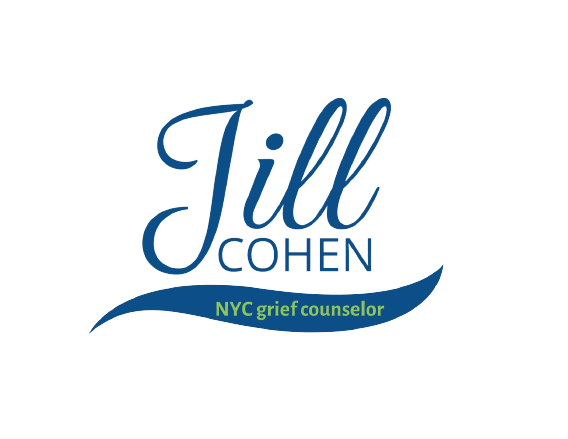
“How To Talk To Someone About Therapy”
My Wellbeing | 9/19/2019
MWB specialist Jill Cohen is a grief counselor and works with people who have experienced the death of a loved one. She notes that very often these are people whom have not previously had the need or desire for therapy. So, seeking help may not even be on their "radar" as a "thing" to consider doing. Some thoughts on what to say:
“I know you're going through a really rough time, understandably, and grieving is sad and can be lonely. You might think you are losing your mind sometimes, when you realize that your life that you had before your loss is not anything like your life now. I Think it might be helpful for you to have a safe place and a person with whom you can share some of your feelings, including anger, jealousy, guilt - that you might not want to tell others about. And a way to express your sadness with someone who can understand you and help you stay on track, and cope better. A professional can give you some tools to manage your life while grieving and to move forward to your "new normal." It's not a bad thing to seek help. In the long run, you'll probably be better off. It doesn't mean you are helpless, it just gives you a chance to get some extra support from someone who really cares and wants to help your grief."
another option:
“It's not embarrassing or shameful to want help with your grief. Nobody has ever taught you how to experience a loss like this before, and now you have to do it. But you don't have to do it alone. The feeling of grief can make you feel different from everyone else who doesn't "get it". That's why it's helpful to talk to someone who can "normalize" your grief and validate your experience. Everything changes after a death, relationships, family dynamics, routines, work, school, etc. and I think it would really be helpful for you to have some support going through this.”

